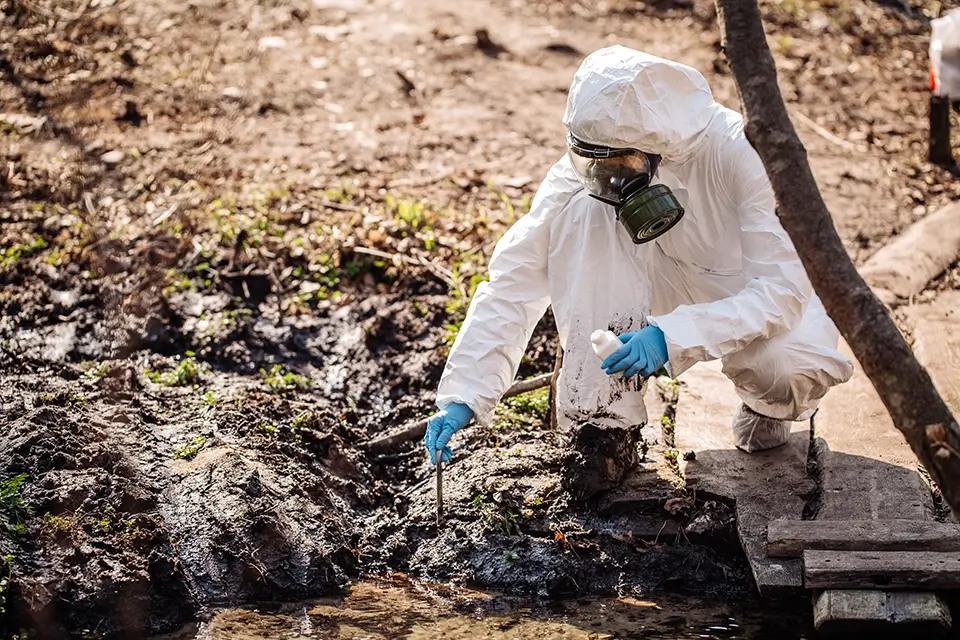Saving Landfill Costs through Beneficial Reuse
Understanding the Challenge
When embarking on a new urban development project, whether it's a multifamily housing unit or a mixed-use commercial tower, encountering contaminated soil can significantly escalate project costs. Disposing of this soil in landfills is not just expensive; it also pushes against the growing consumer desire for environmentally responsible development.
In response to this challenge, Tennessee introduced the Beneficial Reuse Program in 2019. This innovative program allows developers to repurpose contaminated soil, which is otherwise considered regulated solid waste, for non-landfill uses, provided certain criteria are met.

Eligibility Criteria for Beneficial Reuse
To qualify for this program, the contaminated soil must serve a functional purpose at its new location. For example, it can be used as fill material, rather than being disposed of. This approach not only saves landfill space but also contributes to the circular economy.
Additionally, the placement of this material must prioritize the protection of human health and the environment. Common practices include capping the contaminated soil with at least 2 feet of clean soil and ensuring that it does not contaminate groundwater or surface waters.
The Approval Process
Key steps in the approval process include obtaining the green light from the TDEC Division of Solid Waste and Division of Remediation, securing a letter of acceptance from the receiving party, and providing a comprehensive description of the material’s physical and chemical properties. These requirements, along with others, are detailed in the “Request for Beneficial Use” document, which must be submitted to the Tennessee Division of Remediation. Typically, TDEC responds to such requests within 45 days.
How Lord & Winter Can Assist
Let's Get Started!
The Beneficial Reuse Program represents a significant opportunity for developers to reduce landfill costs while contributing to sustainable development practices. By repurposing contaminated soil, we can turn a potential liability into an asset, benefiting both the environment and the bottom line.
For more information or to discuss how this program can be integrated into your development project, contact Lord & Winter today. Together, let's redefine urban development with sustainability at its core.

